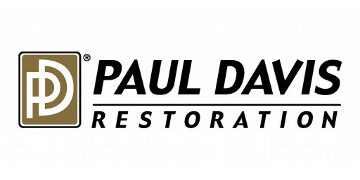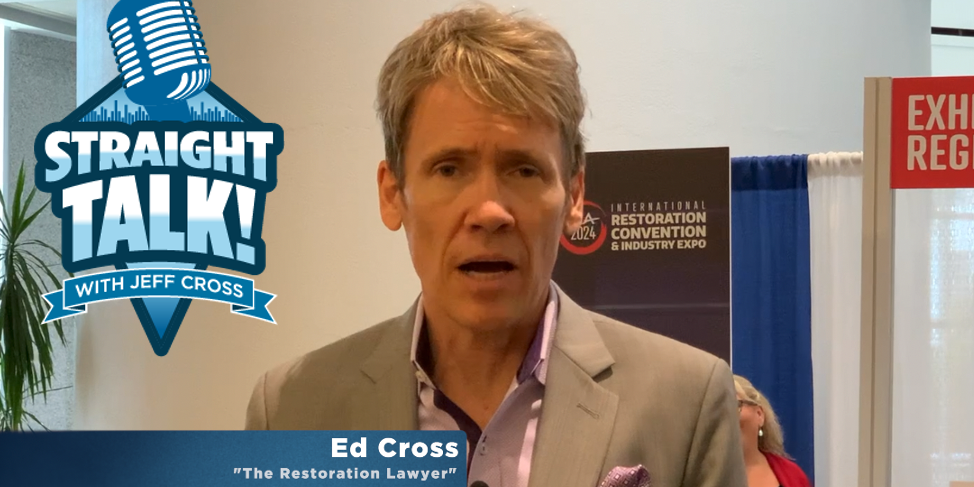The Lure of Liability

By Al Ruggie and Joshua Rudin
Many consumers and even other businesses misunderstand the terms licensed, bonded, and insured. Behind these seemingly mundane words lies a world of significance, both for providers and the customers they serve.
Understanding these terms from a consumer perspective, a business perspective, and even from the views of various state and federal authorities is critical to achieving customer satisfaction, business growth, and compliance with the certifying agencies.
But what do these terms really mean?
Licensing: The foundation of legitimacy
Simply put, being licensed means a service provider has obtained official approval or authorization from the relevant governing body to operate within that particular industry or profession. This authorization typically comes after meeting specific requirements such as passing exams, completing specific training, specialized education, and adhering to industry regulations.
From a business perspective, obtaining a license is not merely a bureaucratic formality; it’s a badge of legitimacy and competence, too. Licensing signals to potential customers that the service provider possesses the necessary skills, knowledge, and qualifications to perform their job. In essence, it’s a promise of quality and accountability made through reputation verification.
That said, consumers may not fully grasp the importance of hiring a licensed service provider for their projects. Consumers may assume that all businesses with an online listing operate on a level playing field, regardless of whether they hold a license or not. The reality is quite different! Unlicensed operators often lack the necessary expertise, oversight, and quality control mechanisms, posing significant risks to both consumers and the industry’s reputation. By choosing a licensed provider, consumers can mitigate these risks and ensure they receive reliable and professional services from experts.
Bonding: A safety net for consumers
Bonding refers to a type of insurance that protects consumers in the event of financial loss or damage caused by the service provider. When a business is bonded, it means they have purchased a surety bond from a bonding company, which serves as a guarantee that they will fulfill their obligations to the consumer.
This is different from insurance coverage in that it protects the consumer against specific incidents and issues that arise as a result of the service provider’s work. It also differs from regular insurance in that specific stipulations must be met for the bond to be paid out.
For service providers, being bonded demonstrates a commitment to accountability and customer satisfaction. It provides reassurance to consumers that in the rare event of a problem or dispute, they have recourse to seek compensation for any losses incurred. Moreover, bonding helps to instill trust and confidence in the business. Licensing and bonding both enhance the businesses’ reputation and credibility within the market.
Despite its importance, bonding is often overlooked by consumers who may not be aware of its significance or even what it really means. Many assume that all businesses carry insurance to protect themselves and their clients, but this is not always the case. Insurance may cover the workers on the job site but not necessarily the property where the work is being done or the occupants who reside there.
By understanding the role of bonding, consumers can make more informed decisions when selecting service providers. A clear understanding of what bonding is can help consumers to prioritize their protection and peace of mind.
Insurance: Safety nets for pros
Much like bonding, insurance provides a safety net for both businesses and consumers alike. Insurance offers the company financial protection against unforeseen circumstances and liabilities that can occur. Whether it’s property damage, bodily injury of an employee, or professional errors, insurance helps to mitigate the financial risks associated with running a service-based business for providers.
Consumers choosing a restoration company might not know the specifics of your insurance policy as a provider, but the fact that you have one can give them peace of mind and help make a sale when they are already on the fence about a project.
From a business perspective, having insurance coverage is not just prudent—it’s essential. Most municipalities have regulations that prohibit the operation of service industry businesses without an insurance policy. Insurance coverage safeguards the company’s assets, reputation, and long-term viability in the face of potential lawsuits or claims. Moreover, insurance can be a competitive advantage, giving the business an edge over the competition, who may lack adequate coverage.
For consumers, hiring an insured service provider is a matter of risk management. A project may be more affordable when purchased through an uninsured provider because they don’t have this expense to pay, but it may cost more in the long run, should the worst occur. A fully equipped insurance policy safeguards providers against being held liable for any accidents or incidents that occur during service. This is especially true when dealing with high-risk industries or complex large projects. While insurance may add to the cost of doing business, the peace of mind it offers is invaluable for service providers and consumers alike, even if the consumers don’t necessarily realize it.
Selling the selling points
Service industry providers like restoration companies may not realize the advantage of having these qualifications for their businesses simply because they are viewed as necessities by experts and burdensome expenses by those uninitiated in disasters.
When service providers get on-site, they’re the experts in their trade, but they are also selling themselves through those skills, expertise, and reliability to customers on every potential job. That means they need all the tools they can get to sell the job and then do it, too.
Tools of the trade is a common phrase in the construction and restoration industry, and being licensed, bonded, and insured is just a set of marketing tools that need to be maintained to keep them sharp.
When the paint dries
Licensing, bonding, and insurance play a fundamental role in the world of service providers. Yet, despite this, their significance is often overlooked by consumers who don’t realize what the terms mean for them. From a business perspective, they are more than just regulatory requirements. They are symbols of professionalism, reliability, and accountability. For consumers, understanding the nuances of hiring licensed, bonded, and insured service providers can help them make informed decisions that will protect their interests.
For service providers, licensing, bonding, and insurance can seem like wasted resources, but if the worst happens, it will feel like money well spent. And ultimately, with a shift in perspective, these qualifications can help to sell a potential client or project that might have otherwise been reticent to sign the dotted line.
Al Ruggie is the marketing and business development director for ASAP Restoration LLC. He has a proven record for growing businesses, both large and small, with strategic planning and targeted content that delivers results.
Joshua Rudin owns ASAP Restoration LLC and is a certified restorer. Before opening the doors in 2008, Rudin had been a successful entrepreneur in the restaurant industry, owning and running several thriving locations for over two decades. To reach Rudin, visit www.AsapRestoration247.com, call 602-515-7918, or email [email protected].












